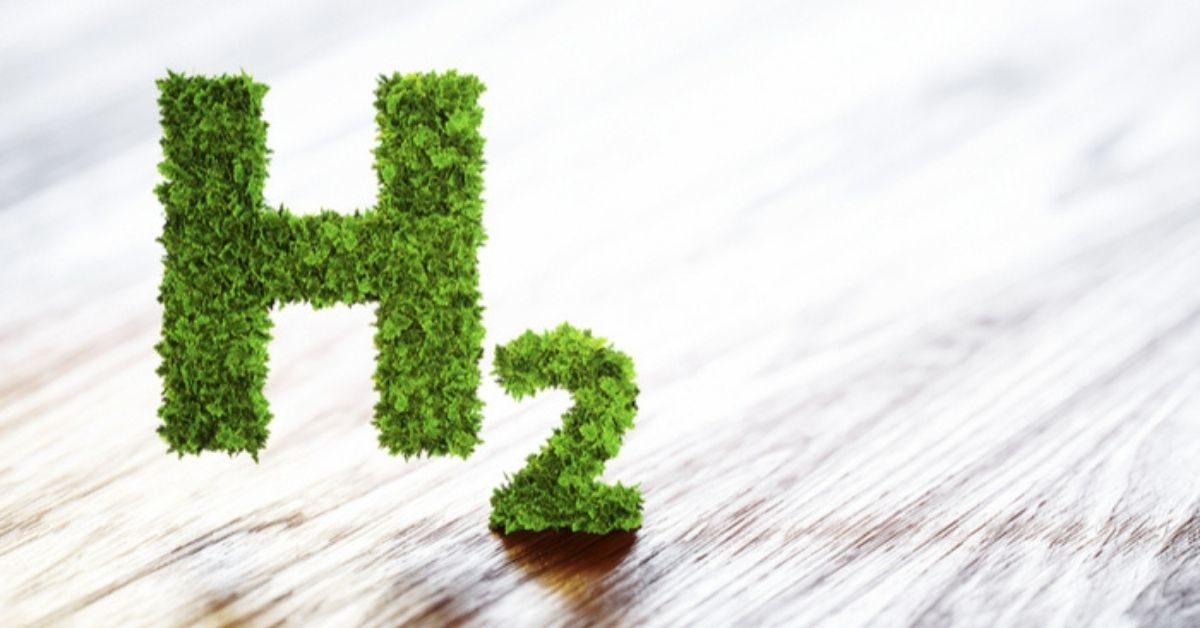Johor Corporation (JCorp), the state investment arm of Johor, and Sojitz Corporation have signed a memorandum of understanding (MOU) to conduct a three-year joint feasibility study on decarbonisation via the utilisation of hydrogen fuel in Johor.
JCorp was represented by JLand Group Sdn Bhd (JLG), the Group’s real estate and infrastructure arm, and Sojitz Corporation (Sojitz) was represented by its regional headquarter for Asia and Oceania, Sojitz Asia Pte. Ltd. The signing ceremony was witnessed by YAB Datuk Onn Hafiz bin Ghazi, Menteri Besar Johor and YB Lee Ting Han, Chairman of the Johor Investment, Trade and Consumer Affairs Committee.
Under this strategic collaboration, JLG and Sojitz will work together on several decarbonisation initiatives, which among others, is to create a sustainable supply chain in hydrogen fuel from ammonia importation. The outcome of the study is hoped to eventually lead towards the ability to supply green energy to various industries in Johor, where they will benefit from the supply of sustainable and renewable energy.
The study also aims to work towards the development of an ammonia receiving terminal, bunkering supply base, ammonia-fired gas turbine power plant to supply green power to industry customers, and a comprehensive decarbonisation plan for JCorp’s port operations to establish a carbon-neutral port within Tanjung Langsat Port Terminal (TLPT).
YBhg Datuk Syed Mohamed Syed Ibrahim, President and Chief Executive of JCorp and Chairman of JLG said, “The MOU signifies a major milestone as we embark on our journey towards the nation’s Net Zero Carbon Emissions by 2050. This strategic initiative with Sojitz is in line with JCorp’s commitment in establishing the sustainability agenda across our business value chain. We are hopeful that this collaboration will contribute to the development of hydrogen supply chain in Johor and for the region.”
“A lot of pressure has been placed on the logistics sector to decrease carbon footprint in their operations. This signing is a right step towards advancing our economies from fossil-based fuels to alternative energy. It is not just an investment into futureproofing and providing sustainability to JCorp’s businesses, but also to drive the new economy for the State while fulfilling our ESG commitments in creating a greener energy for future industries and generations to come,” added Datuk Syed.
YBhg Datuk Sr Akmal Ahmad, Director, Real Estate and Infrastructure Division, JCorp said, “JLG’s collaboration with Sojitz demonstrates a focused effort and commitment in paving the way for sustainable industrial growth through clean energy. As Johor aspires to reduce greenhouse gas (GHG) emissions, improve energy efficiency and transition its power generation portfolio towards net-zero carbon emissions, this feasibility study is a clear action on our part towards potential utilisation of hydrogen fuel to achieve this ambition.”
Sojitz is promoting the development of a value chain using next-generation fuels such as hydrogen, utilizing its business experience in various industries in Asia and all over the world. In this collaboration, Sojitz will lead the negotiation with the hydrogen and ammonia production side, examining optimal transportation methods, and estimating economic feasibility.
Tanjung Langsat Port Terminal (TLPT), at which the study site will be located, is an essential and strategic pathway for marine transportation, giving rise to the potential for ammonia bunkering and supply to the nearby industrial complex. This also promotes industry investment opportunities through the procurement and import of clean ammonia from international and domestic markets to Johor. Ammonia, a compound of hydrogen and nitrogen, emits no carbon dioxide when combusted, and therefore has long been considered as a next-generation fuel for thermal power generation and large ocean-going vessels. Ammonia is also expected to play a role as an energy carrier for hydrogen since it is easier to liquefy and transport than hydrogen.







